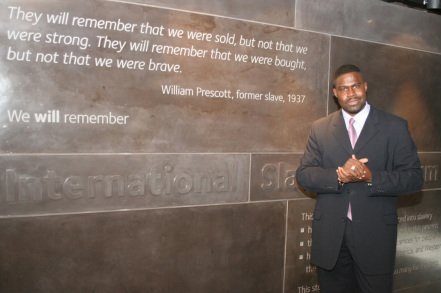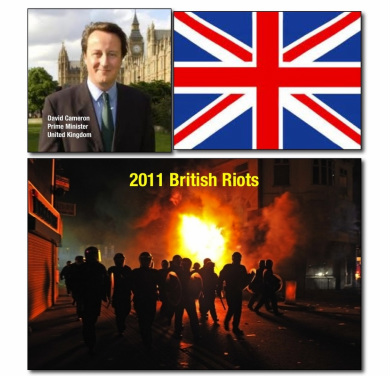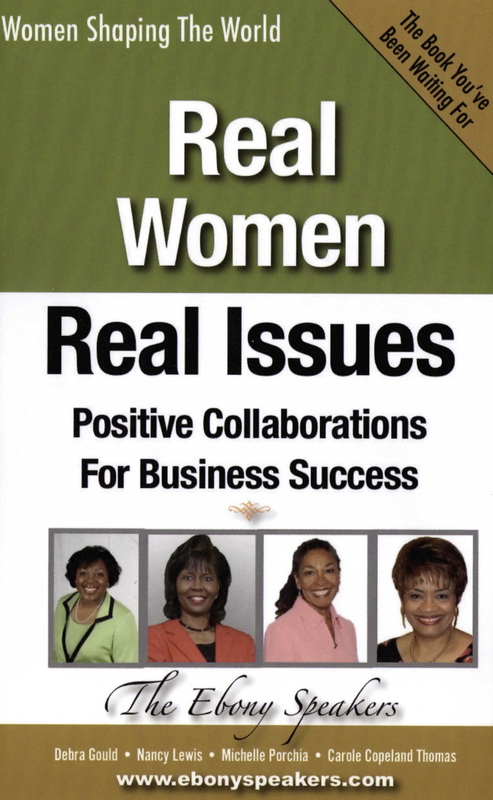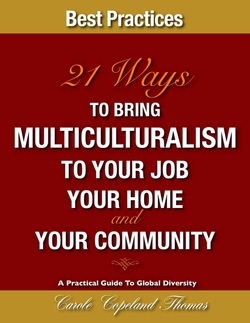- HOME
- VIP Day
-
Topics and Programs
- World Trade Day Presentation
- High Stakes Sexual Harassment
- Diversity & Dollars
- Diversity Best Practices
- Meeting Planners >
- Global Diversity/Multiculturalism >
- Empowerment
- Leadership
- 2019 Diversity Awareness Month
- Multicultural Sympoisum Series
- Multigenerations In The Workplace
- Roosevelt Thomas Tribute
-
Photo Gallery
- FAMILY MOMENTS 1
- Liberty Utilities 2019
- INFLUENCE 19 NSA
- Black NSA Influence 19
-
Faith Based Initiatives
>
- NEAC 2023
- Allen AME Providence Lay Luncheon
- 2019 Photos New England Annual Conference
- 2019 Videos New England Annual Conference
- 2018 Bethel WMS Christmas Service Project
- 2016 New England Annual Conference
- 2014 Bethel AME Boston Ministry Fair
- 2014 New England Annual Conference
- WMS-NGO
- 2012 AME General Conference
- American Girl Dolls On Parade
- NSA New England 2017-2018
- GBCVB Multicultural Meet & Greet
- May Institute-Blue Cross Blue Shield Photo Gallery
- St Paul AME 100th Anniversary
- Joni's 80th Birthday Weekend
- Boston March Against Hate Photos
- Boston March Against Hate Videos
- NSA Influence 17
- Black NSA Influence 17
- NEHRA D&I Gala
- Bethel 2016 Photo Album
- May Institute Race Forum
- Park School PE
- NSA Central Florida
- Dorchester Bay EDC
- 2016 AME General Conference >
- N'Namdi Art Center-Detroit
- Family Gatherings >
- About Carole & Carole's Blog
- Books
- Video, Radio, More...
- Contact Us
- World Travels
- Store/Articles/Events
- Carole's Coaching Academy
- Product
- Retreats
- JUNETEENTH SPECIAL OFFER
- Understanding Black Culture
- Guidebook Special Offer
- Indigenous Italian Resources
©2024 All Rights Reserved Carole Copeland Thomas
(508) 947-5755 • [email protected]
(508) 947-5755 • [email protected]




 RSS Feed
RSS Feed


